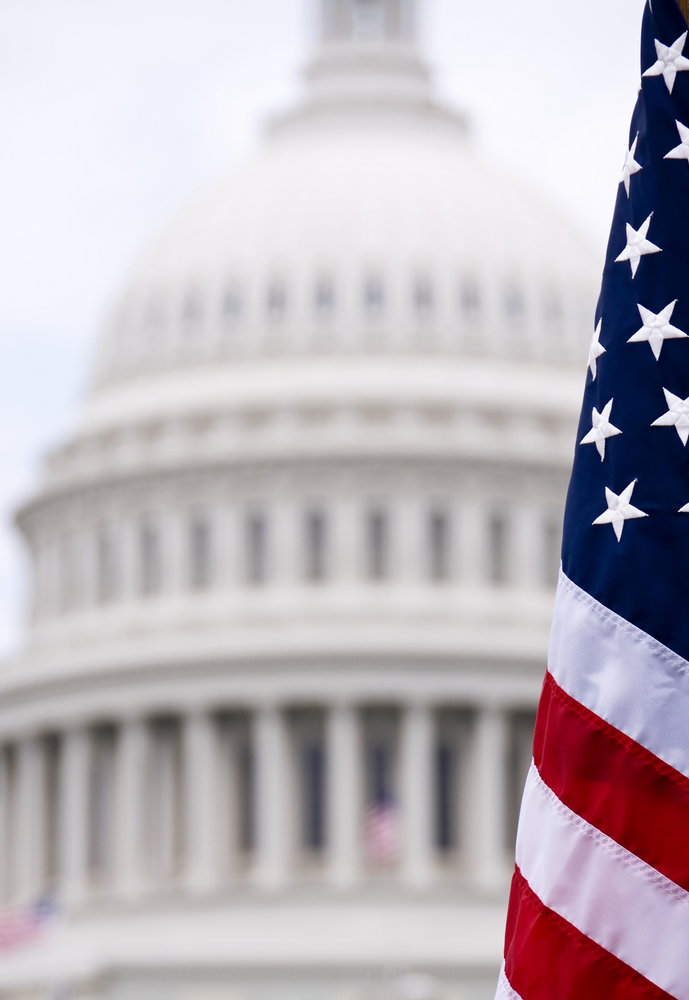Lobbying vs Advocacy
Lobbying is one form of advocacy, comprising efforts to influence specific legislation with legislators and their staff.
Advocacy covers a much broader range of activities such as influencing executive branch actions to implement the laws and public education.
One way of differentiating between the two terms is to understand that lobbying always involves advocacy but advocacy does not necessarily involve lobbying.
How we currently advocate
Our Focus
Provide resources, toolkits, and trainings for members
Research-based content submission
Campaign, e.g., write op-eds, run social media campaigns
Write position and policy statements
Participate in coalitions (ACE; WHES)
Meet with government officials
Participate in and organize public sessions
Letter and position statement sign-ons
Not Our Focus
Lobby and work to pass legislation
Set up meetings with government officials for members
Organize and lead coalitions
NACE Advocacy Committee
The Advocacy Advisory Committee takes the lead in identifying core issues for the profession; educates members regarding legislative and/or regulatory matters that may impact the profession; and advocates before governmental officials and the public for outcomes that best support the interests of NACE members and the profession. This includes issues of equity and inclusion in higher education, the workplace, and workforce development.
The Advocacy Advisory Committee considers issues of importance and advises on such issues to the membership. The committee ensures the association is appropriately representing the membership in legislative affairs and determines appropriate ways to communicate on behalf of and to the membership. Where needed, the committee will evaluate, and if appropriate, recommend positions and/or action on significant unanticipated issues brought by the membership.
Process & Proceedings
- Monthly meetings
- Written and oral public policy updates are provided during each meeting
- Deep dive discussions related to public policy issues
- Advocacy Action Team to deliberate and weigh in on NACE's response to sign-ons
NACE Policy Priorities
Learn more about NACE's advocacy priorities for higher ed and employment policies, legislation, and regulations.
Career Development and Readiness
Ensuring career services and career development programs across education and workforce systems. This includes the integration of career readiness in educational curricula, co-curricular activities and through workforce development and talent management programs.
Skills-Based Education and Hiring
Building educational experiences, training programs, and hiring practices that emphasize skills building and knowledge acquisition that are practical and transferable, including competency development, articulation and assessment.
Experiential Education and Learning
Promoting and expanding experiential learning opportunities to provide for career exploration and to meet the demands of the labor market. This includes expanded work-based learning programs, paid internships, practicums, apprenticeships, project-based learning, credential obtainment, and continued education.
Global Talent
Expanding pathways and opportunities for global talent to participate in and contribute to our education-to-work pipelines.
Affordable Education
Ensuring that post-secondary education and training is accessible and affordable for all learners.
NACE Position Statements
-
NACE Joins With Coalition to Urge Congress to Support Mental Health Legislation
The National Association of Colleges and Employers joined with nearly 100 organizations to urge Congress to support and prioritize the mental and behavioral health needs of students of higher education through meaningful legislation.
-
NACE Comments on Proposed Changes to Title IX Regulations
In September 2022 and two separate letters, the National Association of Colleges provided comments to the Department of Education (DOE) with comments about proposed changes to Title IX regulations.
-
NACE, Other Higher Ed Associations Issue Joint Statement on Transcript Withholding Policies
In October 2022, the National Association of Colleges and Employers joined with other higher education associations in issuing a statement calling for clear, fair transcript withholding policies.
-
NACE, Other Higher Ed Associations Urge Congress to Provide Permanent Protection for Dreamers
In October 2022, the National Association of Colleges and Employers joined with other higher education associations in issuing a statement calling for clear, fair transcript withholding policies.
-
NACE Urges VA to Delay Transition to New Enrollment Management System
As part of the Washington Higher Education Secretariat, urged the Department of Veterans Affairs to delay transition to a new enrollment management system until summer 2023.
-
NACE Provides Comments to DOE on Proposed Changes to HEA Repayment Plan
NACE joined other higher ed associations to provide comments to the U.S. Department of Education on the proposed changes to the REPAYE income-driven repayment plan under Title IV of the Higher Education Act (HEA).
-
NACE Provides Comments to DHS on USCIS Proposed Rule
NACE joined other higher ed associations to provide comments to the U.S. Department of Homeland Security regarding a proposed rule to adjust certain fees charged by the U.S. Citizenship and Immigration Services (USCIS).
-
Collecting Graduating Student Outcomes:First-Destination Survey Initiative for the Class of 2014
For the first time, NACE-member colleges and universities have the opportunity to collect and report graduate outcomes data using the same definitions, time frames, and parameters. More than 250 institutions have indicated they plan to collect and report outcomes data for Class of 2014 graduates using the NACE First-Destination Survey Standards and Protocols, and others are expected to take part. The aggregated data will provide for trends analysis.
-
NACE Hosts Higher Education Policy Briefing for Policy Makers, Higher Ed Representatives
NACE hosted a higher education policy briefing in Washington, D.C., on February 26, 2015, for policy makers and representatives of higher education associations.
-
Mackes Discusses Higher Education Legislation With Congresswoman Foxx
NACE Executive Director Marilyn Mackes met with U.S. Rep. Virginia Foxx, R – NC, to discuss pending legislation affecting the profession
